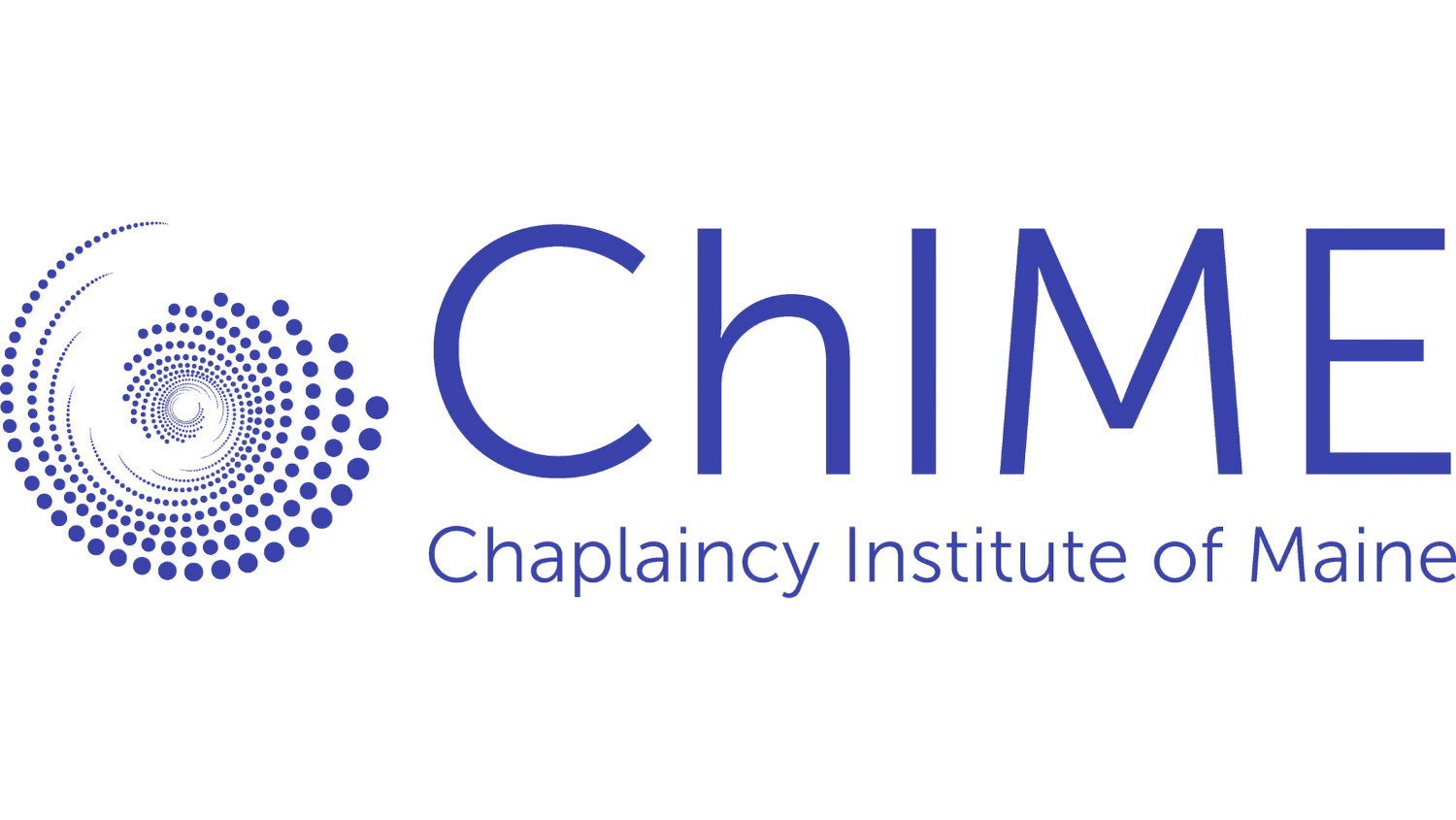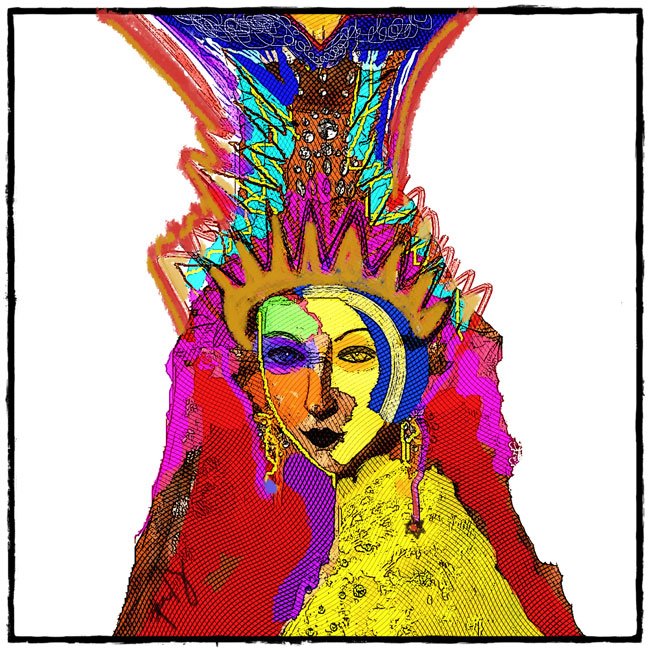By Joyce Zonana,
Like Mardi Gras, the Jewish holiday of Purim, observed this year from February 25th through 26th, is a festival marked by masking and drunkenness, a feast in which the world as we know it is turned upside down. The story behind Purim is told in The Book of Esther, known as the Megillah. Each year, this tale set in ancient Persia is read aloud, twice, in synagogues on Purim.
In The Book of Esther, Haman is the arch-enemy of the Jews, condemning them all to death because one of them—Mordecai—refuses to bow down. Mordecai’s young, orphaned cousin Esther is married to the tyrannical king of Persia, Ahaseurus, an autocrat who enjoys parading his wealth and power.
It is Esther who single-handedly saves the Jews from extermination. Chosen by Ahaseurus after he impulsively banished Vashti, his first wife, for refusing to obey him, Esther has concealed her Jewish identity. (These men had a thing about obedience.) But when the moment arises—Esther risks all to petition the king, announcing,
“And if I perish, I perish.”
Esther’s words reverberate through the centuries. Her willingness to sacrifice herself sets a powerful example for others. In 1836, Angelina Grimke, the noted white abolitionist, addressed an “Appeal to Christian Women of the South”: “Is there no Esther among you,” she asked, “who will plead for the poor devoted slave? … If there were but one Esther at the South, she might save her country from ruin; but let the Christian women there arise … and that salvation is certain.”
Other women writers and activists have found inspiration in The Book of Esther, including Elizabeth Cady Stanton who, in her 1898 Woman’s Bible called it “this first stand for women’s rights.” In 1871, Frances Ellen Watkins Harper, a Black abolitionist and suffragist, published a stirring poem celebrating Vashti’s refusal to bow down: “Strong in her earnest womanhood / she calmly met her fate.”
One striking feature of The Book of Esther is that it never mentions “God.” Both the condemnation and the salvation of the Jews come about through human action, not divine intervention. So Purim invites us to consider what each of us can do in response to the injustices we face. As Mordecai tells Esther when she at first resists his plea to intervene with Ahaseurus, “who knoweth whether thou art come to the kingdom for such a time as this?”
An ancient rabbinic commentator on the Megillah observed, “A person is obligated to drink on Purim until he does not know the difference between ‘cursed be Haman’ and ‘blessed be Mordechai.’” Much ink has been spilled seeking to understand that dictum: but for me, it means, simply, that Purim is a time when the boundaries we think govern our world are dissolved. The weak stand up to the strong, the rich bow down to the poor, the disenfranchised vote, tyrants are deposed. Just as at Mardi Gras, the masks we don reveal our essential oneness. The divine shines through. Joyce Zonana, a regular contributor to the online journal Feminism and Religion, is a writer and literary translator. Her most recent translation is Tobie Nathan’s novel, A Land Like You, a celebration of Jewish life in Egypt in the first half of the twentieth century. She is also the author of a memoir, Dream Homes: From Cairo to Katrina, an Exile’s Journey.
Joyce Zonana, a regular contributor to the online journal Feminism and Religion, is a writer and literary translator. Her most recent translation is Tobie Nathan’s novel, A Land Like You, a celebration of Jewish life in Egypt in the first half of the twentieth century. She is also the author of a memoir, Dream Homes: From Cairo to Katrina, an Exile’s Journey.
“The Divine Shines Through,” Reprinted by permission of the artist, Deborah Saltz Amerling.


